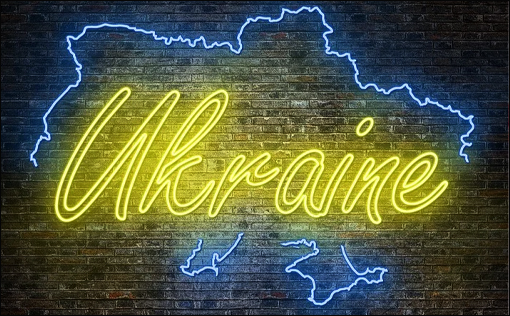On May 9, 2025, Bulgarian President Rumen Radev announced his intention to submit a proposal to the National Assembly for a national referendum on adopting the euro as Bulgaria’s official currency in 2026. The proposed question for the referendum is: “Do you agree that Bulgaria should adopt the single European currency, the euro, in 2026?”
President Radev emphasized that the referendum would serve as a test of the democratic principles upheld by the National Assembly and highlighted the importance of public opinion in such a significant national decision. He expressed concerns over rising inflation, a lack of trust in the political class, and the absence of clear governmental measures to protect purchasing power and economic competitiveness amid the planned currency transition.
The proposal has elicited mixed reactions from political leaders. Some, like Delyan Peevski of the MRF-New Beginning party, have called the referendum proposal untenable, arguing that Bulgaria’s place in the European Union should not be questioned. Others, such as Kiril Petkov of the Continue the Change party, have pledged to oppose the referendum, labeling it unconstitutional and affirming their commitment to adopting the euro on January 1, 2026.
Bulgaria has been working towards euro adoption for several years. Although the country met most of the convergence criteria required for eurozone entry, it has struggled to meet the inflation criterion. The current target date for adopting the euro is January 1, 2026, contingent upon meeting all necessary economic conditions and receiving approval from relevant EU institutions.
The proposed referendum underscores the ongoing debate within Bulgaria regarding euro adoption, reflecting broader concerns about economic readiness and national sovereignty. As the country approaches its target date, the outcome of this proposal and the potential referendum will play a crucial role in determining Bulgaria’s future in the eurozone.

Bulgaria’s President Proposes Euro Adoption Referendum in 2026
Popular Categories



